|
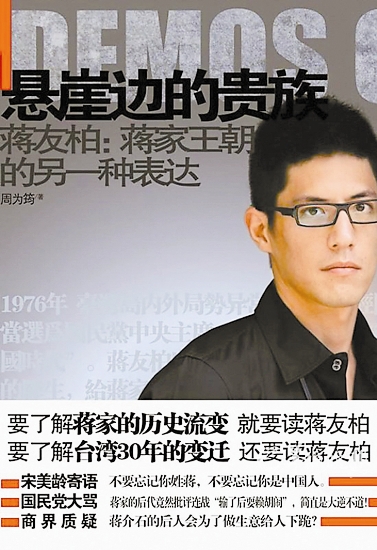
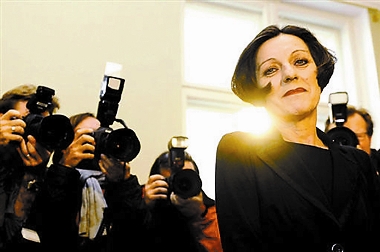
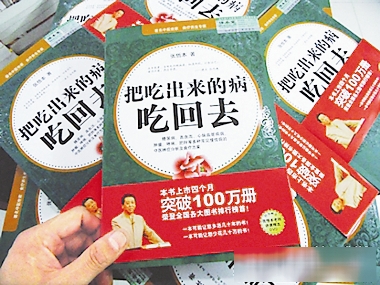
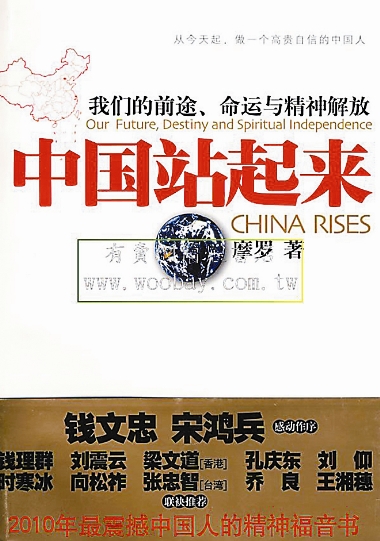
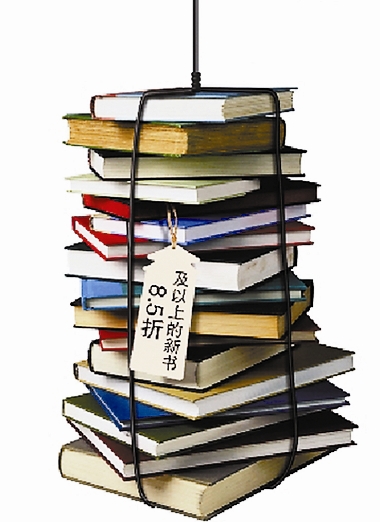
COPYRIGHT issues, price wars, confidence crisis in health advice books and contradicting judgments of literature and history, Chinese publishing circles produced plenty of drama in 2010. Here we take readers on a retrospective journey to look at some of the most talked about controversies
Copyright case of great-grandson of Chiang Kai-shek.
While Chinese across the Straits unanimously chose “price hikes” as the keyword for the past year, they may have a different understanding of “copyright.”
Demos Chiang, great-grandson of Chiang Kai-shek, took Zhejiang author Zhou Weijun to court in Hangzhou seeking 2.65 million yuan (US$40 million) in damages for copyright violation.
Zhou’s book “Demos Chiang: Another Expression of the Chiang Family” used the same Chinese title as a previous Chiang biography (“The Story Continues…,” published in 2006) dictated by the designer himself and written by Taiwanese author, Chang Tien-wen.
Not only the Chinese book title, much of the content of the Zhou book is direct quotes from Chiang’s blog. Chiang was also indignant that Zhou had distorted certain facts and used his photos without permission.
Zhou, however, said he had called and e-mailed a public relations staffer at Chiang’s company DEM Inc. to discuss the book. He insisted that Chiang’s blog contents were public information, and he used them in quotation marks.
Price limit and price war for online book stores
On Jan. 8, the Books and Periodicals Distribution Association of China (PAC) and China Xinhua Bookstore Association received government approval to issue a price limit stipulating that books cannot be sold for lower than 15 percent off at online stores. The limit was canceled in September after an antitrust intervention by the National Development and Reform Commission (NDRC).
Three months later, China’s two major online retailers, Dangdang.com and 360buy.com, were in a price war in online book vending. The battle began through volleys of online arguments between the heads of the two companies. On Dec. 10, Li Guoqing, chief executive officer of Dangdang, said in an online post that the company, China’s leading online bookseller, “will be ready for price wars at any time,” shortly after the company offered attractive discounts for its customers to celebrate its IPO in New York in December.
Li’s statement soon received a response from its major rival, 360buy.com. Liu Qiangdong, chief executive officer of 360buy, said on his blog post that all the company’s books “will be 20 percent cheaper than its rivals, starting from Dec. 14.”
While readers welcome the move, publishing houses worry that the price war may have a negative impact on the publishing industry with publishers struggling for survival and small private bookstores disappearing.
Extreme nationalism targeted
Health tip books under fire
|

